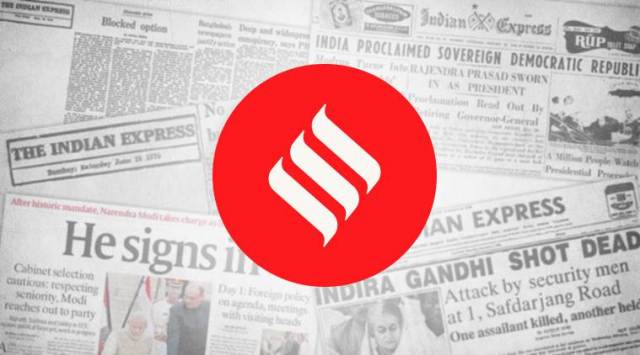
It is no secret that Pakistan has a large number of armed militants affiliated to a smorgasbord of jihadi groups, many of them UN designated terrorist organisations. Since the end of the first Afghan war, Pakistan has been awash with militants — “good” terrorists, or those who target India in Kashmir, and “bad” terorrists, or those who carry out attacks inside Pakistan; sectarian terrrorists, meaning those who specialise in targeting the Shia and Ahmadi; mujahideen, meaning those who fought in Afghanistan; Afghan Taliban, Pakistani Taliban, Punjabi Taliban and so on. Yet Imran Khan’s remark, during his visit to the US capital, that Pakistan has 30,000-40,000 militants, is important. It is the first time that a Pakistani leader in the country’s highest elected office has made an admission openly, provided a number and the places where they fought — Kashmir, Afghanistan. But he is being more than economical with the truth in blaming previous governments for doing nothing to disarm them. There are armed jihadists in Pakistan today because of the Pakistan Army, which saw in them an opportunity to achieve its strategic objectives by unleashing them as proxies in Afghanistan and in India, specifically Kashmir.
Pakistan is under so much international scrutiny now on terrorism, especially by the Financial Action Task Force, that even the military leadership of the country is no longer confident of brazening it out on inaction against the jihadist groups. The arrest of Hafiz Saeed would have been unthinkable had it not been for an imminent FATF blacklisting. Even so, Imran Khan’s admission is bound to be embarrassing for the country’s most powerful institution. It was also the Pakistan Army that claimed to have broken the back of the terrorists through Operation Zarb-e-Azb. It remains to be seen how Pakistan and its Army contain the fallout now, including at the FATF. The rapturous response that Imran Khan returned home to, after what has been hailed as a successful US visit, may prevent immediate political consequences for him. But the last word on this may not have been said.